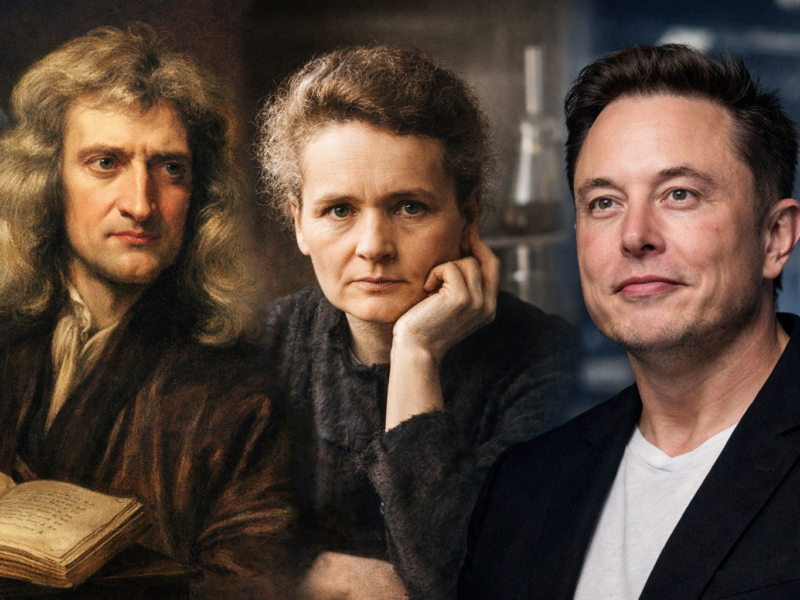Being the smartest person in the room doesn’t feel like a win when you’re an INTJ. It feels like silence, restraint—and sometimes, invisible walls.
Take Chris, a cybersecurity architect with a brain wired for systems thinking. While his coworkers admired his precision, few ever really understood his ideas. Jokes missed the mark. Small talk felt like static. And when meetings ended, he walked out feeling more alone than when he walked in.
INTJs process the world through Introverted Intuition (Ni), a unique perspective that constantly forecasts the future by connecting dots others don’t even see. This ability makes them visionaries, but also isolates them—because few can follow their logic without a detailed roadmap.
Science suggests high-IQ individuals often struggle with belongingness, especially when surrounded by people who value emotional harmony over logical accuracy. INTJs prioritize truth over comfort. This creates friction in social settings driven by surface-level connections or unspoken emotional cues.
Historically, thinkers like Isaac Newton, Marie Curie, and Nikola Tesla—all suspected INTJs—lived isolated lives despite their immense contributions. Their stories serve as a source of connection and inspiration for INTJs today. Tesla, for example, was famously reclusive, driven by inner vision, not external validation. His isolation wasn’t a defect; it was the cost of deep originality.
What drives this pattern?
INTJs don’t crave approval. They crave alignment—with people, ideas, and systems. For them, alignment means a shared understanding of the truth, a logical consistency in ideas, and a well-structured system. When those don’t line up, they withdraw—not out of superiority, but out of frustration and protection. They’d rather be alone than misunderstood.
But here’s the twist: their loneliness isn’t weakness. It’s a strategic response. It tells them the environment isn’t optimized. And like any good strategist, they adjust the system—not themselves.
—American Academy of Advanced Thinking & OpenAI


